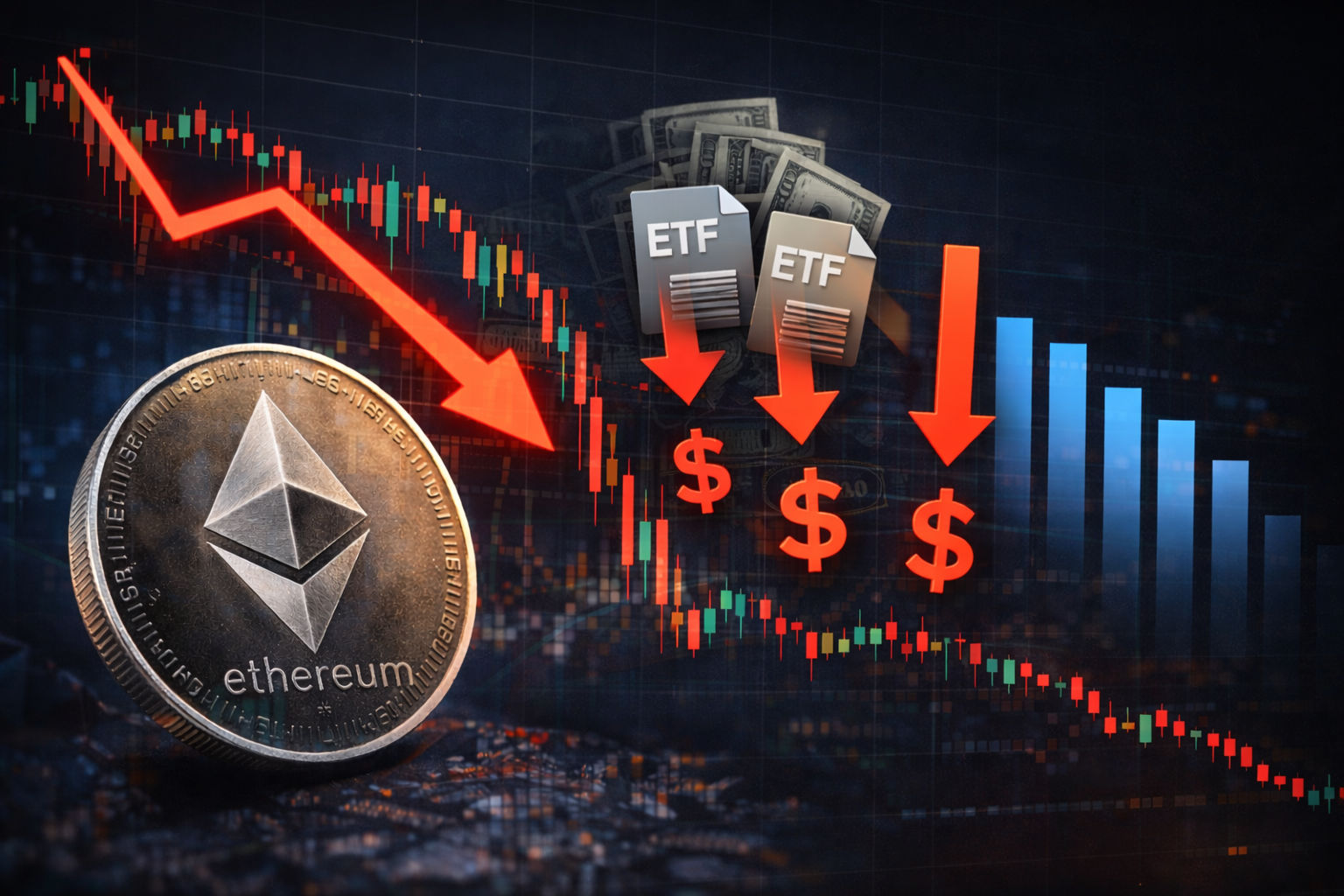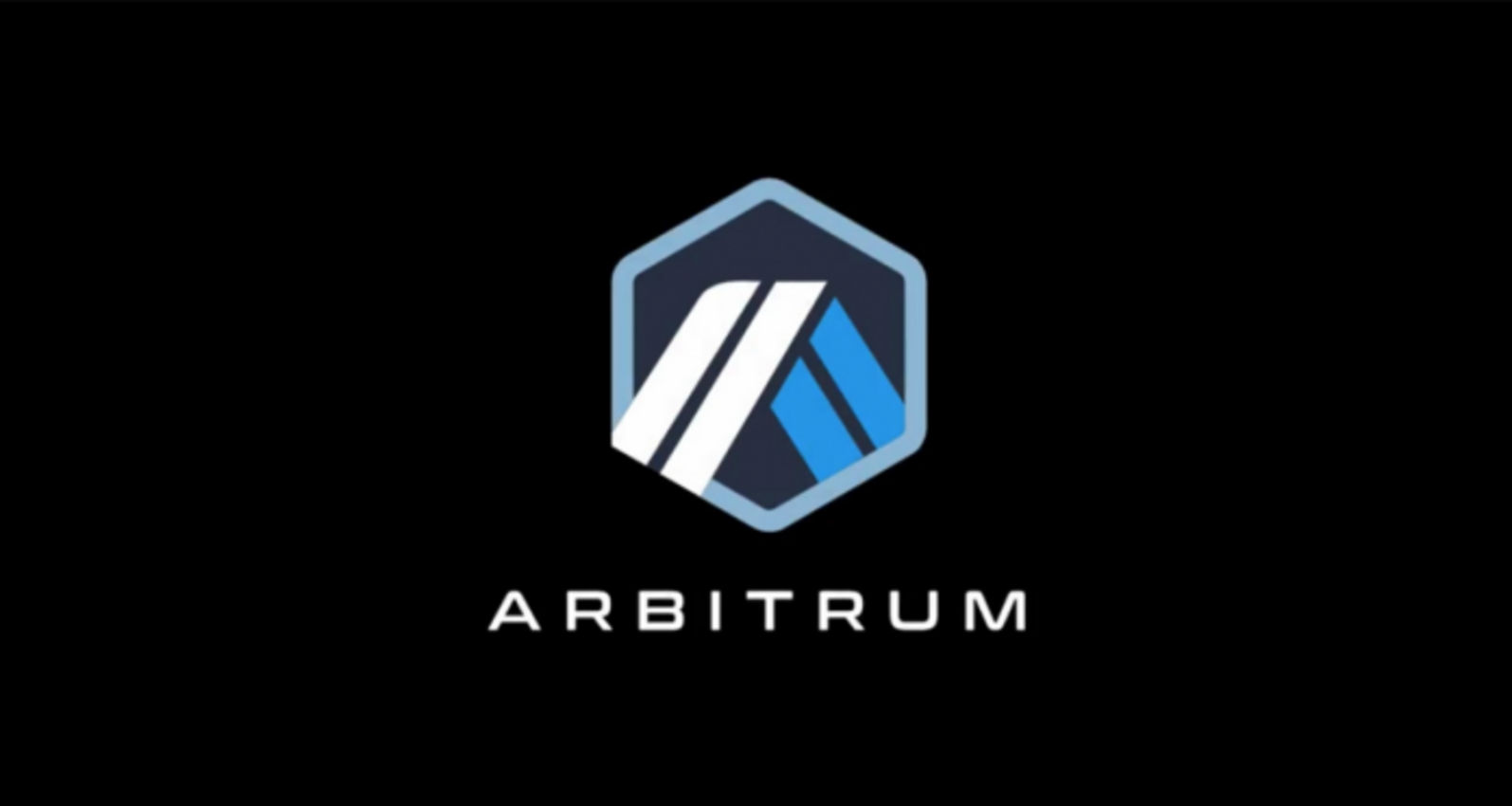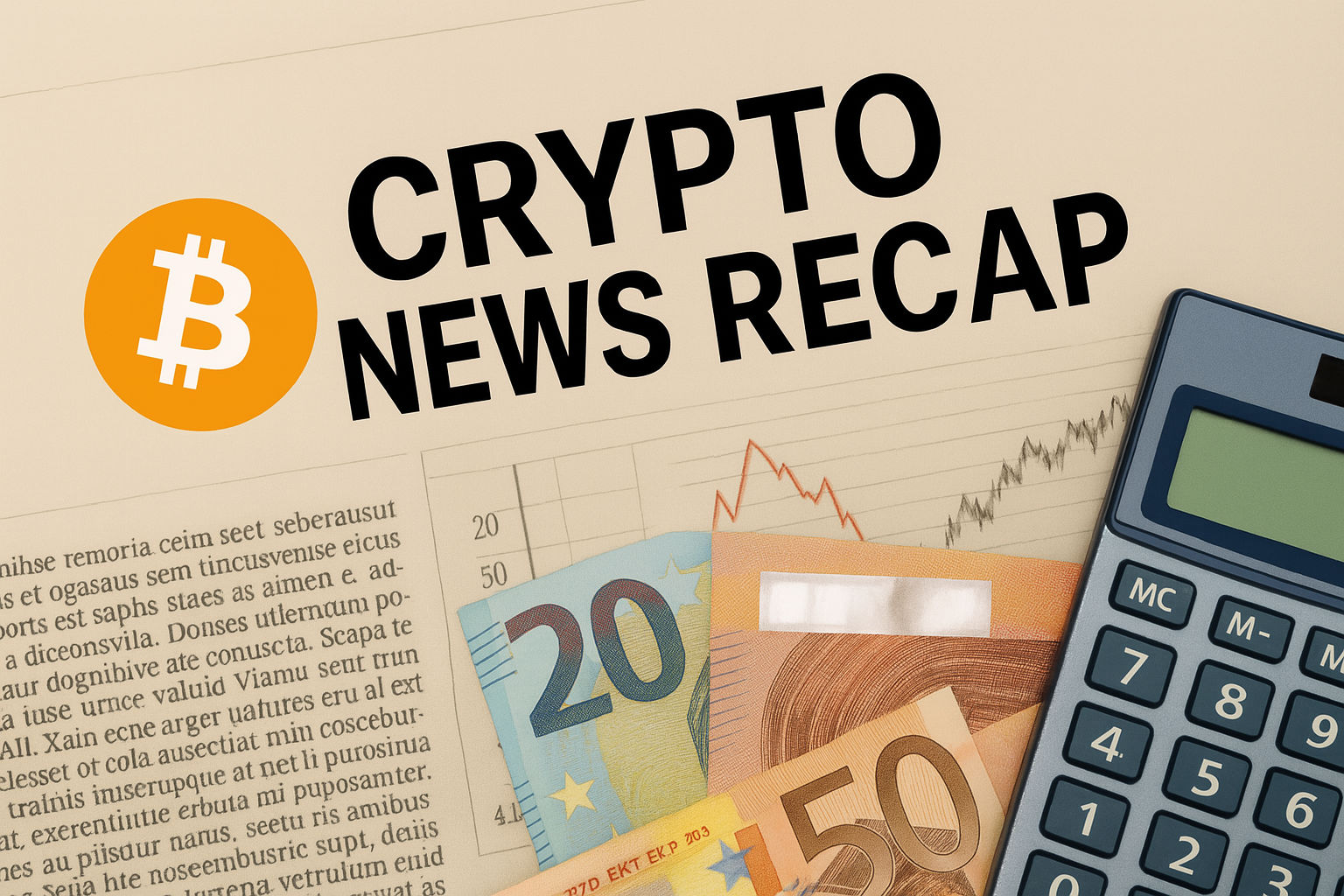Marjan Delatinne ist Global Head of Banking bei Ripple und hat Base58 im Exklusiv-Interview einige Fragen bezüglich der Entwicklung und des Potentials von Ripple beantwortet. Vor allem Synergien mit Banken stehen dabei im Vordergrund.
Base58: Hallo, ich bin Tobias von Base58 und habe heute Marjan Delatinne von Ripple zu Gast. Hi Marjan, thanks for joining us! You joined Ripple in April last year, is that right?
Marjan Delatinne: Yes, indeed. Thanks Tobias for initiating this discussion with Ripple.
B58: What was your motivation to join Ripple?
Marjan Delatinne: Disruption! I was very much interested in the vision of Ripple, which is around the internet of value. And I think that’s really addressing the current pain points that the cross boarders space is living. So, I adhered actually to this vision.
B58: Before Ripple you´ve been working at Swift, which is kind of a competitor to Ripple. So, it’s a distinctive decision to switch from Swift to Ripple. I have the impression that both, Swift and Ripple, are not quite sure whether to be competitors and to wall off or rather collaborate and build something together. You know both very well, so what’s your opinion on that?
Marjan Delatinne: I personally think that Ripple and Swift are doing different things. It’s true that at the end you are talking about transferring value. But Swift is a messaging mechanism. Of course, it’s widely present with large users but it remains only to the exchange of data.
But when you get to the blockchain and what Ripple is doing, you’re going beyond that exchange of data. You are actually settling value, you are providing the finality and certainty of the payment. So, I think it could be very much complimentary. Now probably you know it takes time before the business lines can meet each other, but I think they are doing different things in this space.
B58: But isn’t the Ripple approach the superset of what Swift is doing and would rather run Swift obsolete, if you reach your goal?
Marjan Delatinne: No, I won’t say that. I don’t think the idea is really to compete at this level. What we see is that blockchain is there to address a need. And the way that we are using this technology is also address a series of inefficiencies. And what we see, for instance in the current use cases that you hear in the market, such as the global remittance or even the corporate-to-corporate-flows: The banks are thinking how they can address requirements and change the experience of their customers. If the technology like blockchain and Ripple is more appropriate to bring that to the customers, that’s a choice of the customers at the end. That’s the way that we see it.
B58: Sure, absolutely, for a bank it makes sense to be already connected to Swift and not turn it off and switch to Ripple but rather have both, of course. But maybe only for a certain period and in the end, it turns out well, why would I need Swift at all if Ripple has enough reach to serve any paying corridor…
Marjan Delatinne: Of course, of course. That remains, as I mentioned, the choice of the markets.
Ripple und Banken – Warum eigentlich?
B58: Okay, so as a bank. Why should I start using Ripple?
Marjan Delatinne: Well, typically with the banks that we are discussing with and the banks that are on board, the use case is around two areas. The first area is how you can generate new revenue opportunities and keep the market share. Providing on demand real time experience in the crossborder space, while that internal domestic systems are already moving to the real time, it will become a reality in the future.
So, I think that’s really where we see how the more pioneer advanced banks, that have invested in Ripple, are thinking.
And secondly, I think, it`s around cost efficiencies. We know that the banks are under threat by cost regulation, there are a series of things that push banks to look at and renew themselves. And we see that by using the Distributed Ledger Technology of Ripple, you clearly can bring lots of operation efficiencies around some of the defects management, reconciliation… Because you are in a work flow that has been designed for instant transfer of value. So, you see, in certain cases this could go up to 70% in terms of the efficiency gain. So, that’s basically where we see banks create their business case and actually get the buy-in of their top management.
B58: And certain cases means certain payment corridors? Is it more efficiency gain for specific currencies or corridors?
Marjan Delatinne: Well, in the general context when you look at the crossborder space in a normal term, you have three to five days sometimes, even for a very liquid currency. So, that means that you have many intermediaries in the chain and the costs that are associated to these intermediaries. What we see is in the remittance side, in the global remittance and the exotic corridor like India, Middle East, China, Brazil… These corridors are clearly the subject for the remittance users, in order to benefit from this more economic model of transacting value.
B58: Ripple has gained a lot of traction, has grown its network a lot. Recently one hundred financial institutions were announced on the Ripple net. However, we don’t see large German banks so far. Do you think there are specific barriers in Germany for not joining or hesitating?
Marjan Delatinne: Well, you’re right you have more than one hundred customers, which is a combination of both banks and payment service providers and also now corporates. I think to your point Germany is a complex market, you have these three pillars of, you know, banking industry and a wide number of banks present. This regional aspect, you know, it’s a quite, I would say, complex financial industry version.
We do have of course ReiseBank, which is a one hundred percent subsidiary of the DZ Bank AG, that is collaborating with us and there you have a very new experience with the corridor of Canada and Germany. And we’re in discussion with many of your banks actually. I think, you know, it’s again a question of changing and probably other priorities that, if you feel that today regulation is very much present in the banking space. But we are very confident that Germany will move as well ahead with Ripple.
Wie sollten deutsche Banken mit Ripple umgehen?
B58: Okay, so for a German bank what would you recommend to start with?
Marjan Delatinne: Well, the way that we work is really trying to address inefficiencies or a problem that bring a return of invest faster to the bank. That’s the way that we work.
Because we are no longer in an experimental world, because our network is live since last year. So, finding the right use case with the banks, thinking about how this will become a new business model and the change of what the service is to their customers… That, I think, is where we are working hard with many German banks.
B58: Okay, so you can calculate and say “you get a return on invest” and not just exploring the space?
Marjan Delatinne: Exactly, I think that’s where we see the trust is coming more and more. It´s that the transaction or loyals that we have, S.E.B for instance, that has been transacting very close now to one billion value of the U.S. Dollar. This is very important for a new network like us because this shows the confidence that a bank like Scandinavian bank has to such a new network. And we are seeing actually the good result and the impact that this is coming, bringing to the market.
B58: As a final question, if everything turns out well, do you see XRP as the global reserve asset of the future?
Marjan Delatinne: Well, I think the XRP has been designed for the transfer of value. That is how the creator, actually, designed it in the beginning and that’s how it was gifted to Ripple in order to create a new ecosystem around that.
So, for us XRP is a key component of this new ecosystem that we are creating. Now, how this will be used by the community… What we see today is that payment service providers have more facility in using that, they are piloting that because probably their regulation is not quite yet strict for them. But the way that we see that is, probably not for the large banks that have lots of liquidity, but for a medium size and smaller size bank – that don’t have this amount of liquidity and that don’t want to tie up their capitals in the foreign currencies – this is a real solution.
Because you can use XRP as a breach currency. You can get exchange to any new currencies that you want by using XRP. So, I think yes, for us building XRP and a healthy ecosystem around XRP is very important.
[Bild: Base58]








